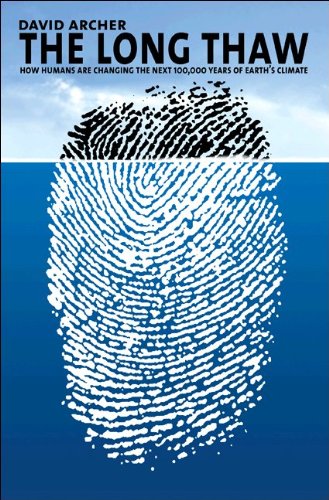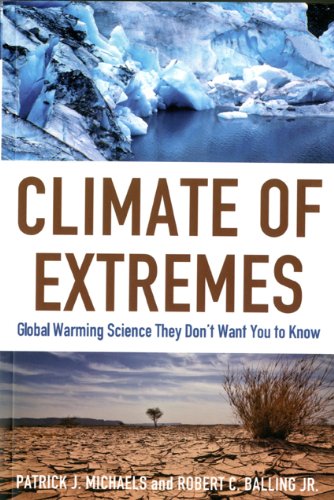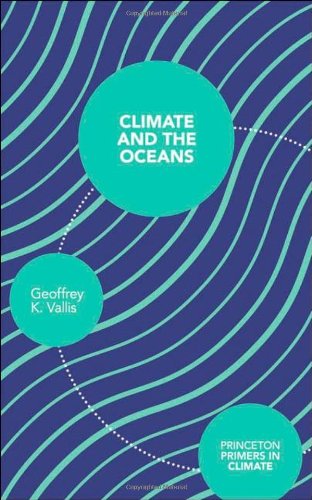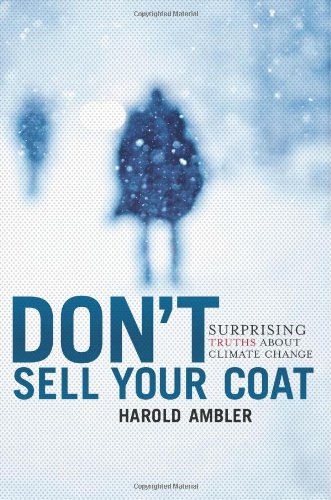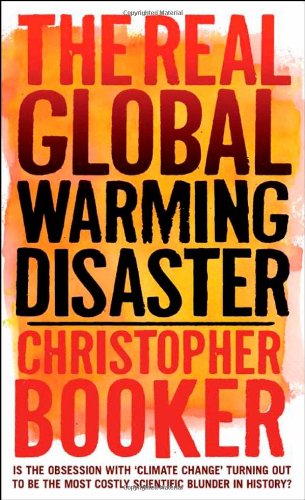Shawn J. Marshall - The Cryosphere (2011)
Ice and snow comes and it goes and it changes form in all sorts of strange ways. Density and thermal conductivity and heat capacity varies depending on circumstances, and heat flows about in all directions. A glacier or ice sheet may look like just a big static pile of ice, but is actually a knot of non-linear processes that are very difficult to model, giving current models for future melting a conservative bias.
Recommended: Yes. This is the most technical book in the series so far. Half of it goes over my head. The other half makes frozen water seem like the most fascinating material on earth. If I had to choose a career in science, I think this would be it.
David Randall - Atmosphere, Clouds and Climate (2012)
The atmosphere behaves a little like water on a frying pan. Heated from the earth below, (which again is heated by the sun), it responds with patterns of turbulence that have the overall effect of transporting energy up from the ground to the upper atmosphere, and from the equator towards the poles, partly by storing it as latent heat in water vapor. Add the Coriolis effect and the different heat properties of land and sea, and you have those global disturbances that from one perspective we call climate, and from another weather.
Recommended: Yes.




